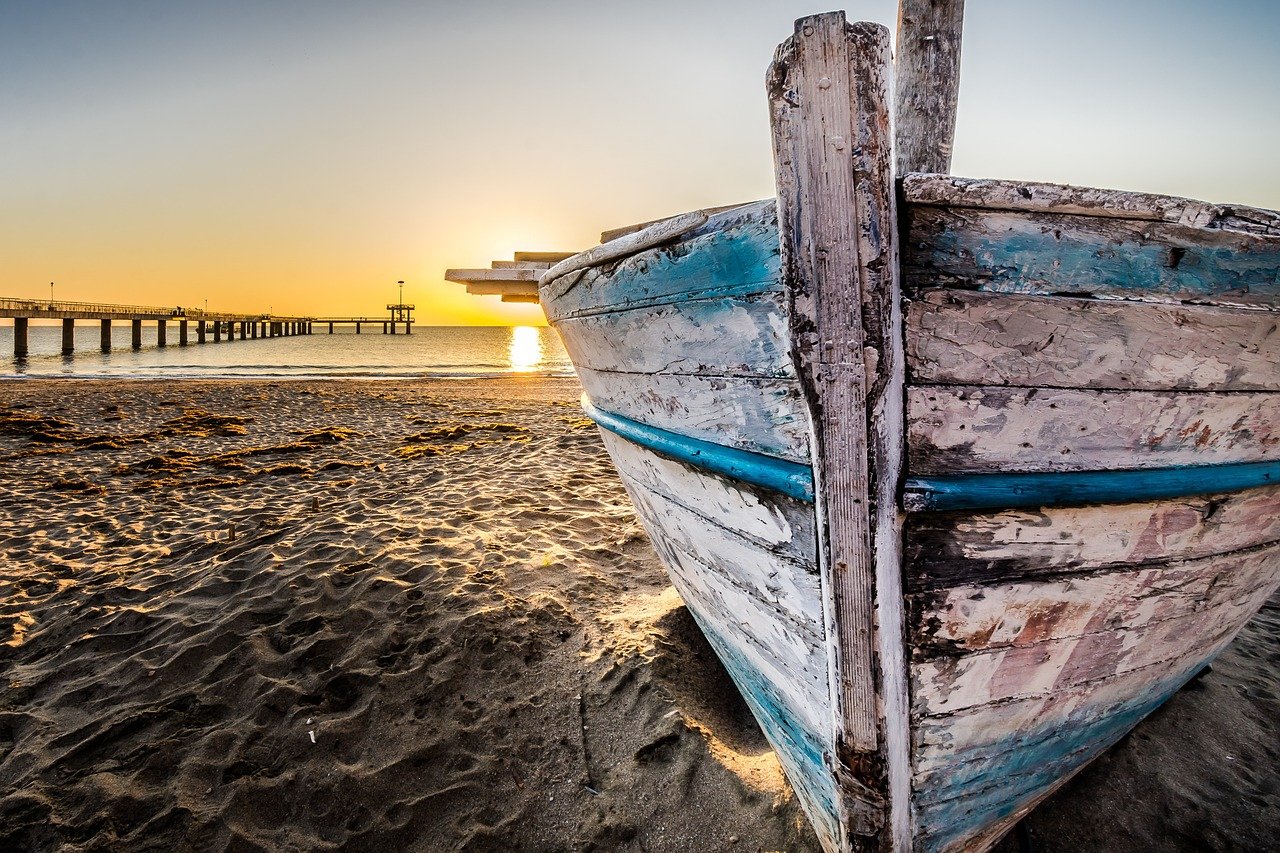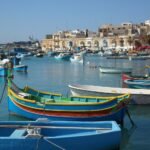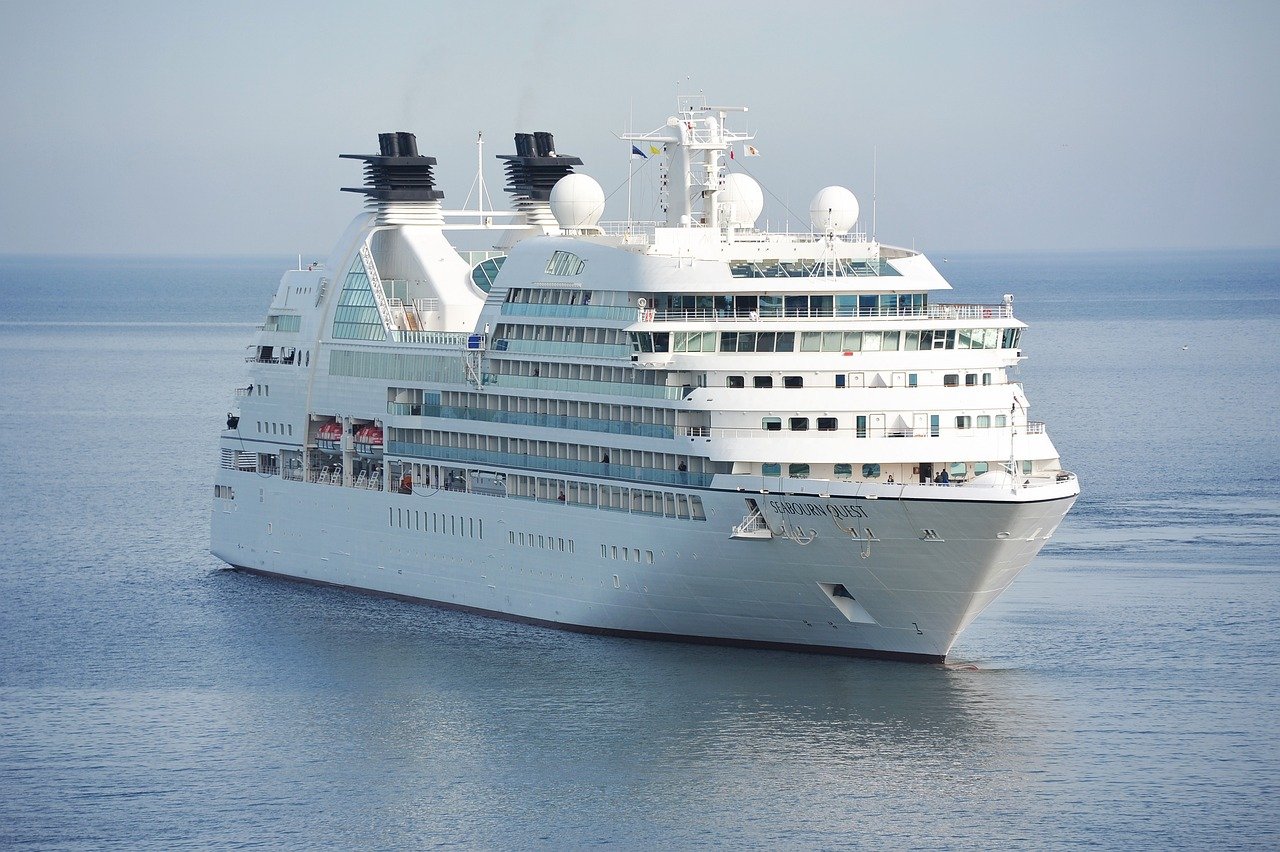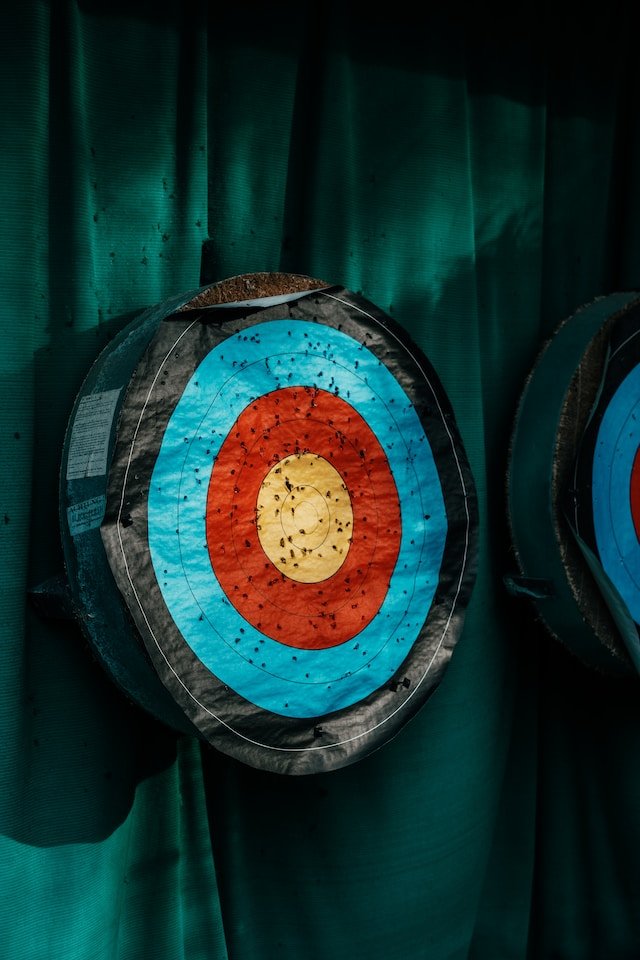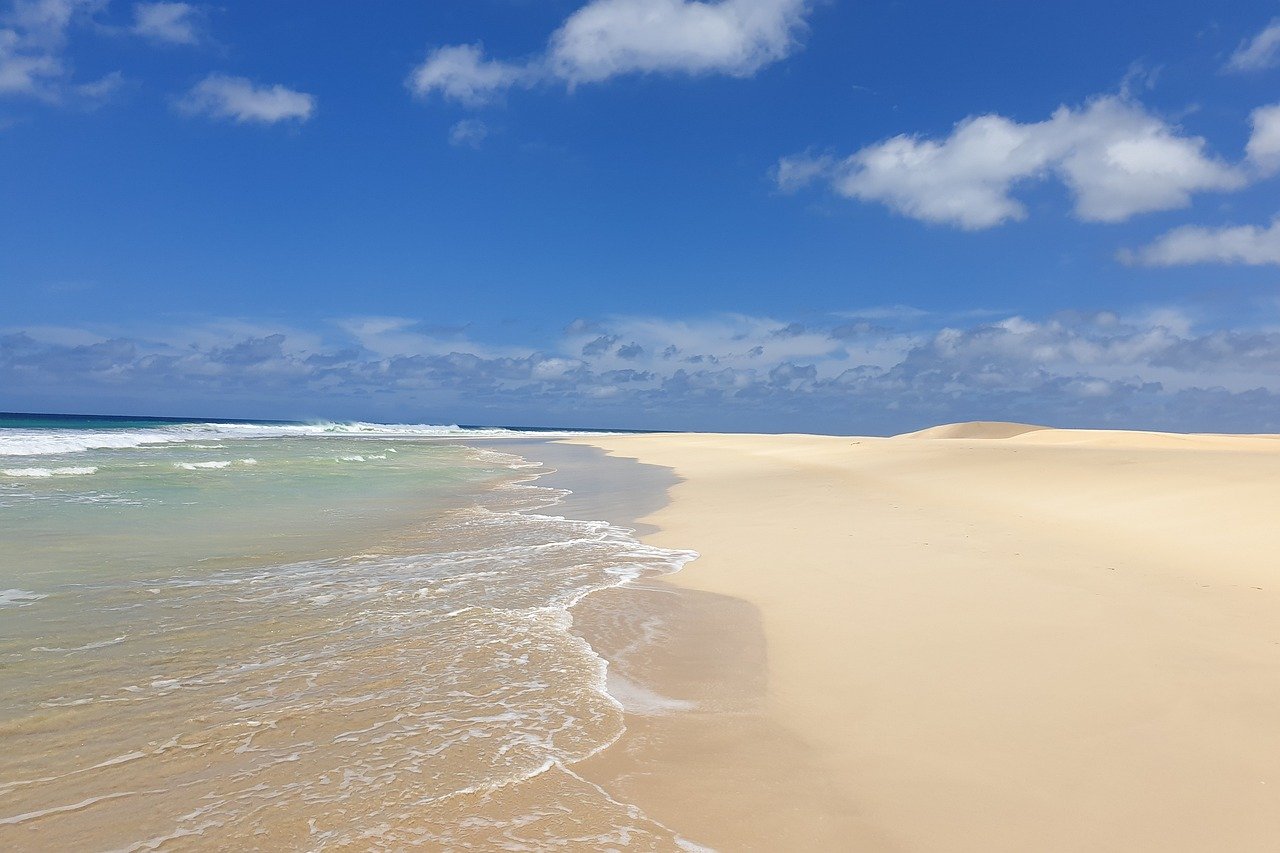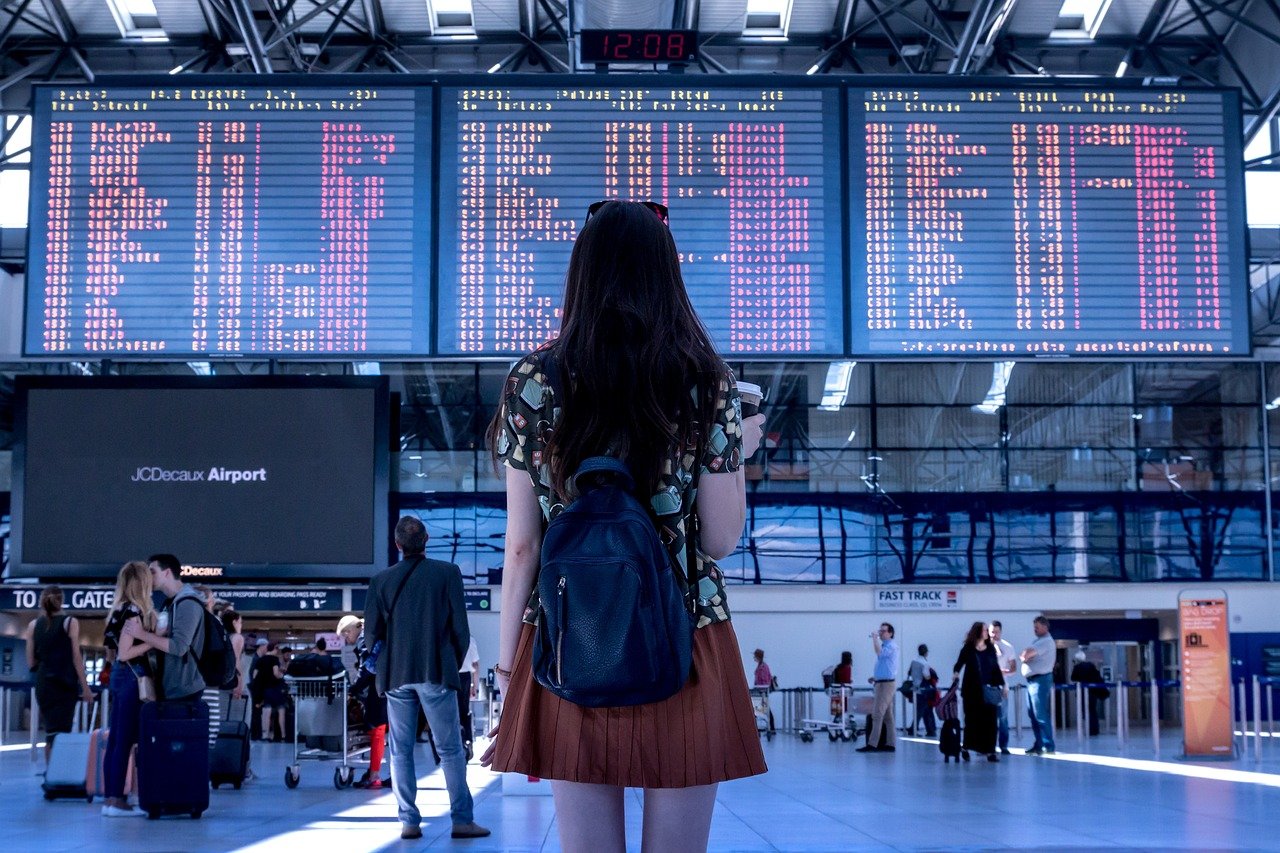Bulgaria is a beautiful country located in southeastern Europe, with a rich history and culture. One of the best ways to experience Bulgaria’s beauty is through its holidays. The country has a diverse range of holidays that are celebrated throughout the year, each with its own unique traditions and customs.
One of the most important holidays in Bulgaria is Christmas, which is celebrated on December 25th. The holiday is celebrated by the Orthodox Christians, and it is a time of joy, family reunions, and festivities. The day before Christmas, people usually fast and attend church services, and on Christmas Day, they enjoy traditional meals and exchange gifts. The streets are decorated with lights, and the atmosphere is very festive.
Another significant holiday in Bulgaria is Easter, which is celebrated in April or May. Bulgarians observe the holiday with church services, traditional foods, and egg decorating. The Easter egg is a symbol of new life, and Bulgarians decorate them with bright colors and intricate designs. The holiday is also marked by the traditional Kukeri dance, where men dress up in costumes and dance to ward off evil spirits.
One of the most colorful holidays in Bulgaria is the Baba Marta Day, which is celebrated on March 1st. The holiday is dedicated to the arrival of spring, and it is celebrated by wearing red and white bracelets made of yarn. The bracelets are believed to bring good health and fortune, and they are worn until the first sighting of a stork or a swallow.
The Day of St. George is also a popular holiday in Bulgaria, celebrated on May 6th. The holiday is dedicated to the patron saint of shepherds, and it is marked by traditional music, dancing, and feasting. St. George’s Day is also a time for horse races and wrestling competitions, and it is a celebration of Bulgarian culture and traditions.
The Rose Festival is another important holiday in Bulgaria, celebrated in the town of Kazanlak in June. The festival is dedicated to the Bulgarian rose, which is renowned for its fragrance and is used in the production of perfume. The festival features parades, music, and dance performances, and visitors can also participate in the picking of the roses and the making of rose oil.
In conclusion, Bulgaria is a country with a rich culture and history, and its holidays are a reflection of that diversity. From Christmas and Easter to Baba Marta Day and the Rose Festival, Bulgarian holidays are a celebration of tradition, folklore, and the beauty of the country. Whether you’re a visitor or a local, experiencing Bulgaria’s holidays is a must-do activity.
Image by Christo Anestev from Pixabay

